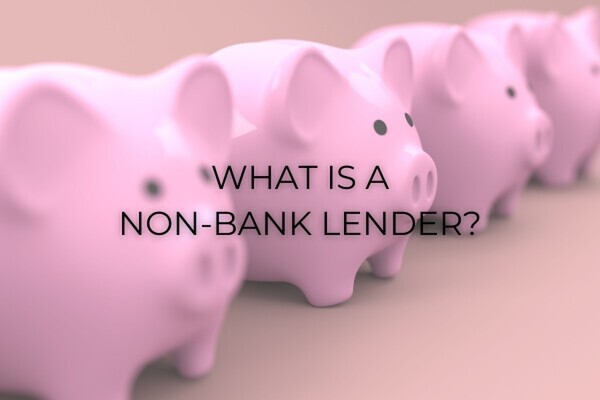A GUIDE FOR FIRST HOME BUYERS IN NEW ZEALAND
Buying your first home in New Zealand can be challenging. Rising house prices and strict lending rules make it hard to save a big enough deposit.
Non-bank lenders offer a helpful alternative. They’re more flexible than banks and may work with buyers who have smaller deposits or credit issues.
Here’s what you need to know about non-bank lenders in New Zealand.
What are non-bank lenders?
Non-bank lenders are financial institutions that aren’t banks. These include finance companies, credit unions, building societies, and mortgage trusts. They’re also called "second-tier lenders."
Non-bank lenders provide loans like banks, but they follow different rules. Unlike banks, they aren’t restricted by the Reserve Bank’s Loan-to-Value Ratio (LVR) rules. This allows them to be more flexible, particularly for borrowers who:
• Have small deposits (less than 20%)
• Are self-employed with irregular income
• Have a poor credit history.
Some examples of non-bank lenders in New Zealand include Finbase, Pepper Money, SBS Bank, Liberty, and Unity.
Advantages of non-bank lenders
Non-bank lenders offer flexibility and can often help when banks say no.
Here are some other benefits:
• Flexible criteria They’re often willing to lend to people who don't meet the strict requirements of traditional banks
• Low deposit options They work with buyers who have smaller deposits, allowing you to buy a home sooner
• Short-term solution Use a nonbank loan to start, then refinance with a bank when your finances improve
• Fast approvals Their fast approval process helps in a competitive market.
Disadvantages of non-bank lenders
While non-bank lenders can be a great option for some borrowers, there are a few things to keep in mind:
• Higher interest rates They may charge higher interest rates than banks
• Temporary fix Often these loans are a short-term solution, with many borrowers refinancing to a bank later
• Fewer products They may not offer the same range of financial products as banks, such as credit cards, savings accounts, and online banking

